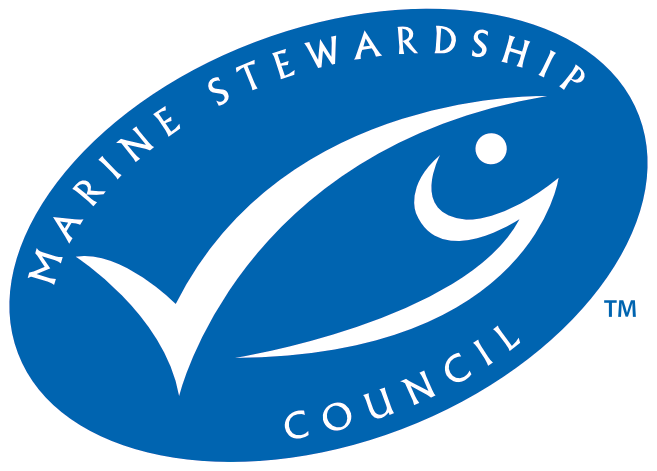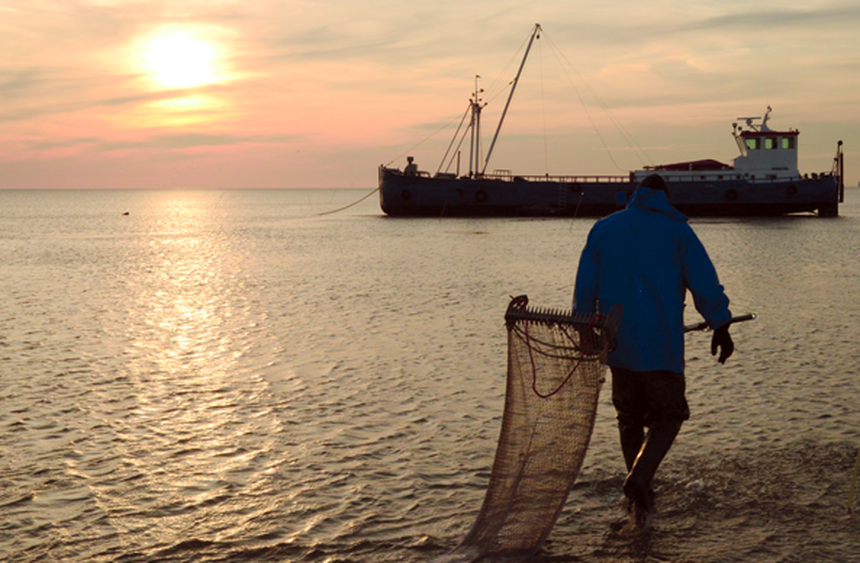
- Certifier :
- LRQA (Seafood) Limited
- Certified status :
- Certified
- Certified since :
- 30 Oct 2012
- Certificate expires :
- 28 Apr 2028
Overview
Fisheries are composed of one or more parts, each of which is entitled to receive an MSC certificate. These parts or “units” are defined by their target stock(s), fishing gear type(s) and if relevant vessel type(s), and the fishing fleets or groups of vessels.
When the term “Unit of Certification” is used for fishing units that are in assessment, it refers to the “Unit of Assessment” or “Unit of potential certification”. Expand a status below to view the parts that form this fishery. To check the detailed scope, download the latest certificate or open the Assessments page to get the latest report. Find out more by visiting our page on Fisheries
Catch by Species
| Species | Reported Catch Year | Metric Tonnes |
|---|---|---|
| Cockle (Cerastoderma edule) | 2024 | 304 |
Information is provided by an independent Conformity Assessment Body as live weight (the weight of species at the time of catch, before processing) and where a fishing season covers multiple years, the end year is given as the reported catch year. Additional information is available in the latest report, see the assessments page.
About this Fishery
The Dutch hand-raked cockle fishery (certified in 2012) is situated in the sensitive habitat of the Wadden Sea and the Oosterschelde. In order to protect these extremely vulnerable habitats and leave enough food for birds, the cockles are removed by hand from the mud flats.
In the past the fishery was strongly criticised by environmental organisations. This led to the fishery to work with other organisations to develop a long-term fishery plan. For example, foraging areas near important breeding and resting areas of birds have now been closed permanently, creating a wildlife sanctuary.
MSC certification has also contributed to economic and social benefits for the region.
"Our fishery is very special, because it is truly done by hand. Demand for sustainable shellfish is growing strongly. The MSC ecolabel means we can use new sales channels for cockles in their shell and for the meat."
- Bert Keus, Chairman of the Association of cockle hand-rakers
Netherland hand-rake cockle fishing image © RienkNadema
Market Information
The fishery's main markets are France and Spain.
